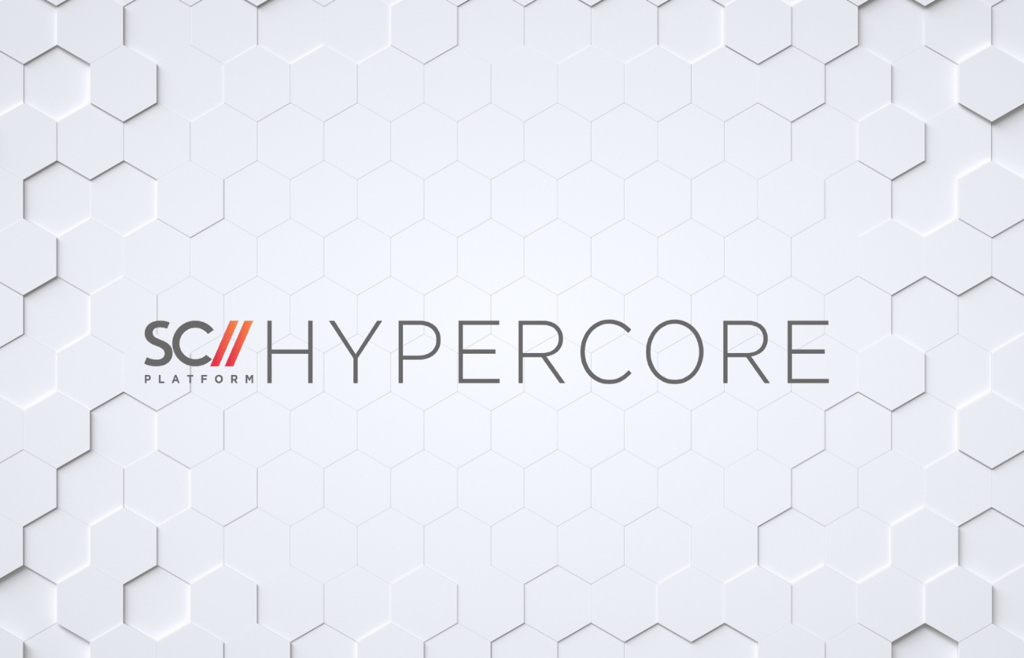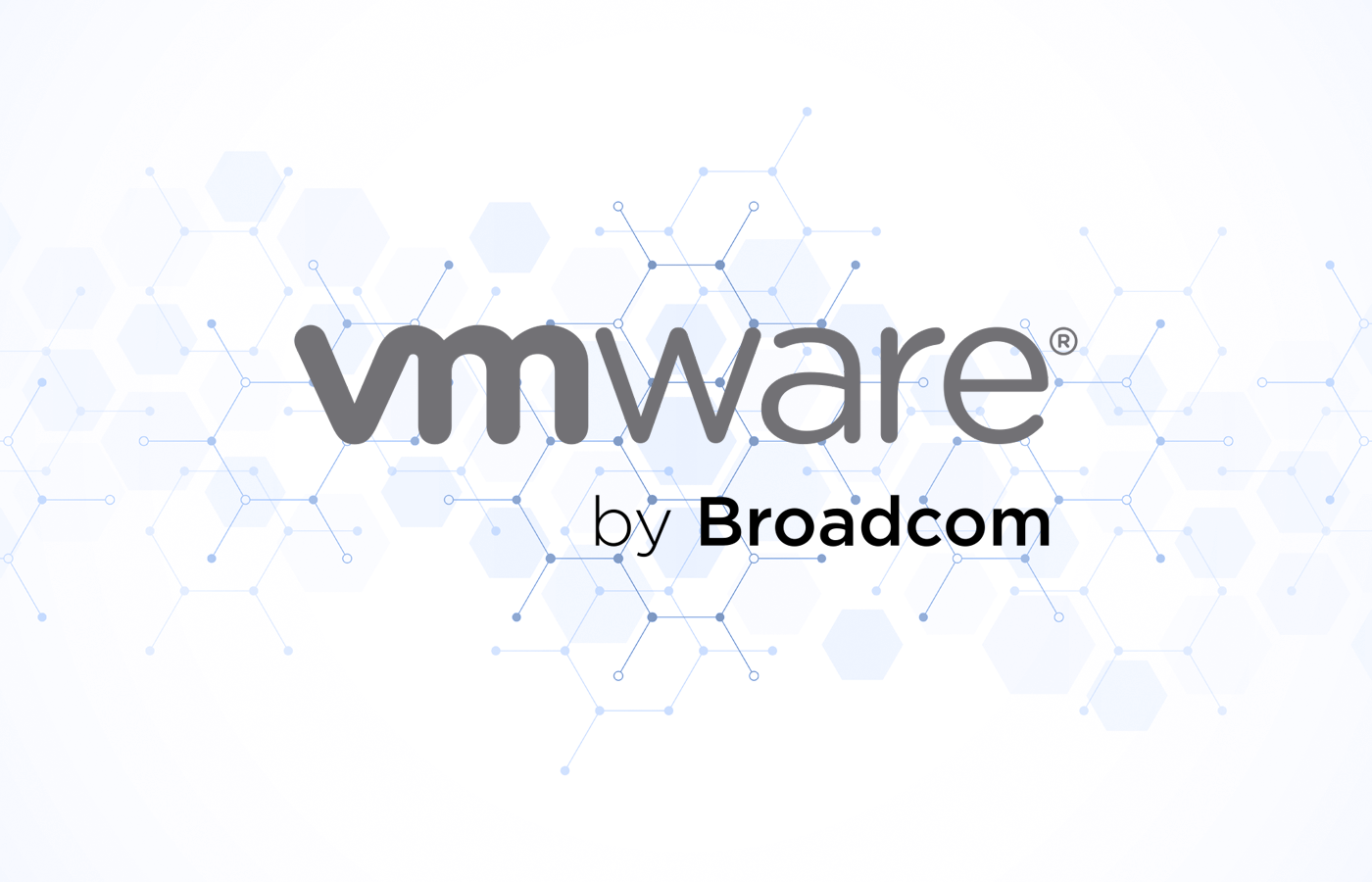Broadcom’s purchase of VMware is one of the most significant technology acquisitions in recent years. This acquisition reshapes the enterprise IT landscape by combining Broadcom’s hardware expertise with VMware’s cutting-edge virtualization and cloud solutions.
While Broadcom’s streamlined, profit-driven approach aims to enhance VMware’s efficiency, it has also raised concerns among customers and channel partners who remain uncertain about what these changes mean for VMware’s long-term direction.
In this article, we break down the key details of the acquisition, highlight the major changes to VMware’s offerings, and outline what partners and clients can expect as the ecosystem continues to evolve.
Broadcom, well-known for its hardware and semiconductor products, has expanded into the software market through strategic acquisitions like CA Technologies and Symantec’s enterprise security. This shift towards software makes Broadcom a comprehensive provider of both hardware and software for the advanced IT market.
VMware, meanwhile, is widely recognized for products like vSphere, vSAN, NSX, and Tanzu — offerings which have made it a leader in cloud and virtualization technology. Over the years, VMware has become a significant partner for businesses pursuing hybrid and multi-cloud strategies because its solutions enable organizations to manage virtualized and cloud environments efficiently.
Acquisition timeline: 2023 deal explained
In November 2023, Broadcom completed its acquisition of VMware for approximately $61 billion. The deal combined Broadcom’s strong hardware capabilities with VMware’s advanced cloud and virtualization technologies, marking a strategic shift as Broadcom aimed to establish itself as a major player in enterprise software by expanding beyond semiconductors.
By leveraging VMware’s virtualization and cloud management expertise, Broadcom is positioning itself as a one-stop provider for corporate IT infrastructure.
The acquisition sparked concerns among enterprise customers, many of whom worried about potential changes to VMware’s pricing, service, and product direction—fueled largely by Broadcom’s reputation for emphasizing operational efficiency and cost control.
The deal’s regulatory approval process further raised questions about market competition and how the acquisition might affect innovation in the cloud and virtualization sectors.
According to Broadcom CEO Hock Tan, the acquisition enhanced the company’s ability to address the growing demand for multi-cloud solutions. As a result, organizations can better monitor and secure their IT infrastructure across diverse environments.
2024: Change and frustration dominate headlines, alternatives emerge
At the beginning of 2024, VMware partners and resellers faced significant changes following Broadcom’s acquisition of VMware. Some channel partners and customers remain uncertain about their relationships with VMware under Broadcom’s new strategy, highlighting the growing pains that rippled through the channel following the acquisition.
The VMware Partner Program ends in January
In January 2024, Broadcom announced the discontinuation of VMware’s long-standing partner program, which previously offered customized support, resources, and incentives to VMware channel partners.
The discontinuation interrupted the operations of several resellers and systems integrators who depend on VMware support to provide specified solutions to their clients. Broadcom’s shift to a more limited partner strategy left some VMware partners feeling overlooked, leading them to worry about reduced support and restricted access to VMware’s traditional sales and marketing resources.
Broadcom’s decision to standardize offerings and fuse VMware’s extensive portfolio raised concerns about the long-term profitability of partners specializing in VMware products. These partners may need to change their priorities or consider VMware alternatives to adapt to Broadcom’s changes and keep offering their customers the same level of service.
Other vendors and partners step in to fill technological gaps
As VMware’s channel program disappeared, other alternative platforms strived to attract partners and customers seeking new virtualization, storage, and cloud management solutions.
Scale Computing
Scale Computing is well-known for its hyper-converged infrastructure (HCI) and edge computing solutions, simplifying virtualization and storage for small and medium-sized businesses. It offers a rip & replace program with a discounts and support to partners who want to migrate from VMware to Scale Computing.
Verge IO
Verge IO provides software-defined data center (SDDC) offerings, integrated computing, storage, and networking in a virtualized environment. This makes it an attractive solution to organizations looking for a more efficient alternative to VMware.
Red Hat Virtualization (RHV)
Red Hat Virtualization is an open-source KVM-based hypervisor that enables virtualized infrastructure in multi-cloud and hybrid environments. It is an attractive option for enterprises looking for open-source alternatives.
These vendors, and several others, are actively working to support former VMware partners and customers by offering competitive programs, training, and incentives to ease the transition. Some also provide migration services designed to reduce downtime and maintain operational continuity as organizations move from VMware to new virtualization or cloud management stacks.
Pricing and licensing changes cause concern
Many partners and customers remain uneasy about the future of their VMware investments due to a more limited product focus and possible price increases. Some customers report their costs rising by as much as 300 percent after the acquisition.
Customers who previously relied on VMware’s more specialized offerings may now face fewer choices, while partners are questioning how the streamlined portfolio and new program restrictions will affect their competitive edge.
2025 brings more updates to partner program eligibility and technology
On July 15, 2025, Broadcom informed VMware Cloud Service Providers (VCSPs) that—except for those in the European Economic Area—a new Cloud Service Provider program would take effect on November 1, 2025.
In practical terms, that meant the existing program would expire on October 31. The tight deadline understandably caught many partners off guard, leaving them scrambling to determine next steps for their clients.
The new program shifts to a much more limited, invitation-only model, reducing the number of partners eligible to remain authorized under Broadcom. The move is widely viewed as part of Broadcom’s ongoing effort to consolidate its partner base.
“With this action, we are deepening our commitment to partners we feel are best equipped to drive customer value. Our goal is to cultivate an environment where highly capable and highly trained partners can deliver exceptional value and a superior experience to customers,” reads a post on the Broadcom website dated September 22.
With these changes, many long-standing partners who’ve built their businesses around VMware solutions continue to face uncertainty.
Broadcom’s VCF 9 launch and AI push
With the shift to the new CSP program, several vendors positioned themselves as alternatives to VMware. Even so, Broadcom’s VMware portfolio has remained a popular choice for many organizations.
In early September, Broadcom announced VMware Cloud Foundation 9.0, presenting it as a major milestone for both cloud and AI workloads.
“Here is what I’m most excited about,” added Tan. “After two years of engineering development by over 5,000 developers, we delivered on a promise when we acquired VMware. We released VMware Cloud Foundation 9.0. It enables enterprises to run any application workload, including AI workloads, on virtual machines and on modern containers. This provides the real alternative to public cloud.”
Broadcom itself posted a strong third quarter, reporting $15.95 billion in Q3 revenue and $4.14 billion in net income—an especially notable turnaround after a loss in the same quarter last year. The company also closed a $10 billion custom AI chip order, further strengthening its position as a viable chip alternative for organizations looking beyond NVIDIA or AMD.
Hock Tan, Broadcom’s president and CEO, told analysts during the Q3 earnings call that AI networking has become a critical part of their business.
“Turning to AI networking, demand continued to be strong because networking is becoming critical as LLMs continue to evolve in intelligence, and compute clusters have to grow bigger,” said Tan.
“The network is the computer, and our customers are facing challenges as they scale to clusters beyond 100,000 compute nodes.”
How channel partners have embraced partnering with peers to support customers
According to Broadcom’s guidance on licensing, provisioning, and ongoing services, only authorized partners will be allowed to sell VMware licenses going forward.
Partners can still collaborate with approved VMware partners to offer complementary managed services to clients in a shared model. This approach allows users to retain their VMware environments while maintaining their established provider relationships.
For many in the channel, this shift has opened new opportunities for partners to support customers across their technology needs. It has also encouraged providers to support their peers in a landscape where collaboration may matter more than competition.
As Broadcom’s integration of VMware progresses, the company is expected to drive significant changes across products, pricing, and partnerships in the coming year.
Here are a few key 2026 predictions to look forward to:
- VMware Cloud Foundation 9.0 as a central anchor: Broadcom is expected to continue investing heavily in VCF 9, positioning it as the core platform for modern, data-driven, and AI-intensive applications across enterprise environments.
- Stronger AI-related revenue: Broadcom anticipates “significantly improved” AI-related revenue in fiscal 2026, with some analysts predicting the company’s total sales could surpass $40 billion.
- Continued partner-to-partner collaboration: With VMware-authorized partners poised to capture new market share, we expect increased collaboration, knowledge sharing, and mutual support as partners adjust to the acquisition.
Taken together, these trends signal a pivotal year ahead as Broadcom, its partners, and its customers continue to adapt in a post–Broadcom–VMware ecosystem.
Bottom line: Navigating uncertainty in the Broadcom-VMware era
With the Broadcom-VMware acquisition, we’ve seen both sides of the coin across the channel. Some partners are migrating to alternative platforms, while others are staying within the VMware ecosystem despite the changes. Broadcom’s restructuring, evolving requirements, and pricing shifts have introduced a level of uncertainty that continues to influence partner strategy.
For many, the decision comes down to balancing customer needs, long-term alignment, and the practicality of transitioning away from deeply embedded VMware environments.
Whether more partners migrate or stay with Broadcom-VMware remains to be seen. What is clear is that the acquisition has already set off significant shifts for organizations, partners, and providers across the ecosystem.
At the very least, VMware-centric businesses should continue reevaluating their IT strategy as the year winds down. Meanwhile, authorized partners are well-positioned to capture new opportunities as organizations still rely on VMware solutions while navigating the uncertainty of this new status quo in the IT space.
This article was originally written by Nisar Ahmad in November 2024 and updated by Luis Millares in November 2025 to reflect new developments surrounding the Broadcom–VMware acquisition.











 AI 50 ListChannel Insider's editorial team spotlights the top AI leaders from MSPs, vendors, and channel businesses delivering measurable outcomes.Link to CML 100 Honorees
AI 50 ListChannel Insider's editorial team spotlights the top AI leaders from MSPs, vendors, and channel businesses delivering measurable outcomes.Link to CML 100 Honorees CML 100 HonoreesCheck out our CML 100 List to discover the top channel marketing individuals who are transforming channel marketing for their organizations.Link to HSP 250 List
CML 100 HonoreesCheck out our CML 100 List to discover the top channel marketing individuals who are transforming channel marketing for their organizations.Link to HSP 250 List HSP 250 ListView our HSP250 list to see the top Hybrid Solution Providers that have proactively embraced the future of tech.Link to The 2024 Channel Insider VIP List
HSP 250 ListView our HSP250 list to see the top Hybrid Solution Providers that have proactively embraced the future of tech.Link to The 2024 Channel Insider VIP List The 2024 Channel Insider VIP ListChannel Insider sought nominations from IT vendors, solution providers, and partners to highlight impactful collaborations. Check out our top choices here.
The 2024 Channel Insider VIP ListChannel Insider sought nominations from IT vendors, solution providers, and partners to highlight impactful collaborations. Check out our top choices here. Video: Harbor IT on NENS Acquisition and Why the Generalist MSP Model Is Dying
Video: Harbor IT on NENS Acquisition and Why the Generalist MSP Model Is Dying Video: Hype, Bubble, or Breakthrough? Talking All Things AI with The Neuron
Video: Hype, Bubble, or Breakthrough? Talking All Things AI with The Neuron Video: SurePath AI CEO Secure GenAI Adoption with Zero Trust
Video: SurePath AI CEO Secure GenAI Adoption with Zero Trust Video: How Netskope and Optiv Fight Shadow AI
Video: How Netskope and Optiv Fight Shadow AI Video: Integris CEO and CRO on AI, Acquisitions, and How To Be an Irreplaceable MSP
Video: Integris CEO and CRO on AI, Acquisitions, and How To Be an Irreplaceable MSP Video: How Rafay Systems Simplifies Hybrid Cloud & AI on AWS
Video: How Rafay Systems Simplifies Hybrid Cloud & AI on AWS






